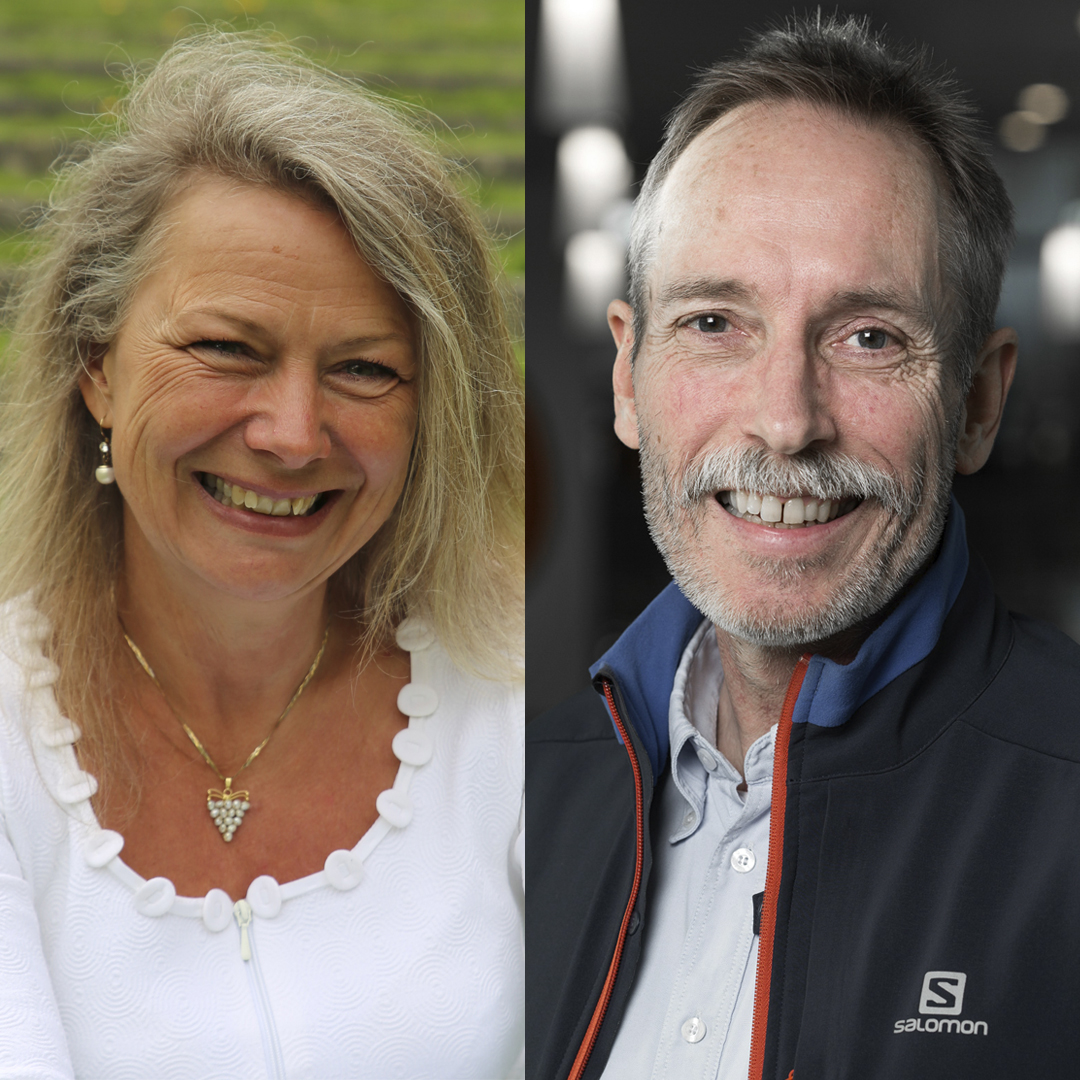“Entrepreneurship is a method that can be acquired”
In recent years, entrepreneurship teaching has gained increasing ground in the universities. However, entrepreneurship is not just about teaching students how to establish their own company. It is about teaching them to take responsibility for their own life and adopt an active and critical stance towards the world. This is the philosophy behind Helle Neergaard and Per Blenker’s entrepreneurship teaching, which has just earned them an international award.

Entrepreneurship, entrepreneur, entrepreneurial...These are words that no longer just belong to the business community, but have gained ground in universities throughout the country. Here many students are now taking classes in entrepreneurship, while universities are investing strategically in student incubators where students are supported in their efforts to start their own company during their studies.
But is entrepreneurship teaching simply a matter of teaching students how to set up their own business? No, in fact, there is much more to it than that, says Professor Helle Neergaard from the Department of Management. Since 2001, she has studied and taught classes in the field of entrepreneurship, and this spring, she and her colleague Associate Professor Per Blenker received the European Entrepreneurship Education Award for the way in which they and the rest of their research team have rethought entrepreneurship teaching.
“The starting point for our teaching is that entrepreneurship is a method that can be acquired and not necessarily something that a person is born with,” says Helle Neergaard. “For this reason, we do not focus on the stereotypical and narrow understanding of entrepreneurs such as Bill Gates and Richard Branson. Instead, we take the students through a number of activities that allow them to develop their own entrepreneurial identity. To us, entrepreneurship is a way of seeing the world, which the students can apply to many aspects of their lives. They learn to take responsibility, act and take a reflective stance towards the world - not just if they choose to start their own company. You could compare this to the concept of empowerment, which several international organisations suggest increases the students' employability and self-employability - and this is probably the most important aspect we want to students to take with them.”
From shared interests to leading research group
Helle Neergaard and Per Blenker have both taught classes in entrepreneurship for approximately 20 years. Through the years, what began as a shared interest across academic fields has developed into a leading research group in a rapidly developing field.
The group was established in the wake of the 2011 merger by researchers from the former Department of Economics and Department of Management who had a shared interest in teaching and entrepreneurship as a research field. A lot has happened since then. Only a handful of researchers make up the group, but through the years, the group has secured very large grants for projects such as PACE (Promoting A Culture of Entrepreneurship) as well as for a number of smaller projects and PhD courses. In 2013, this culminated in the annual 3E Conference (ECSB Entrepreneurship Education Conference), which is hosted by the ECSB (European Council for Small Businesses and Entrepreneurship). Approximately 100 researchers from a number of Northern European countries take part in the conference, which is rather innovative in itself, according to Per Blenker:
“With the 3E Conference, we have tried to develop a new kind of conference that focuses more on posing new questions than providing answers,” he says.” The conference aims to find the right questions that we can work with within the field by engaging in collaboration and dialogue. We emphasise the spoken word and explicitly prohibit the use of slides in presentations to allow for more intense discussions. Finally, there are no keynote speakers at the conference. All in all, we have tried to create a conference where everyone is equal, and where we focus on the substance and not on who is talking. It’s similar to the approach that we use in our teaching where we also focus on the possibilities of each individual rather than on particularly entrepreneurial people,” he concludes.
Helle Neergaard and Per Blenker were presented with the European Entrepreneurship Education Award in Stockholm in April. The award came with SEK 100,000.
Read more about Helle Neergaard
Read more about Per Blenker